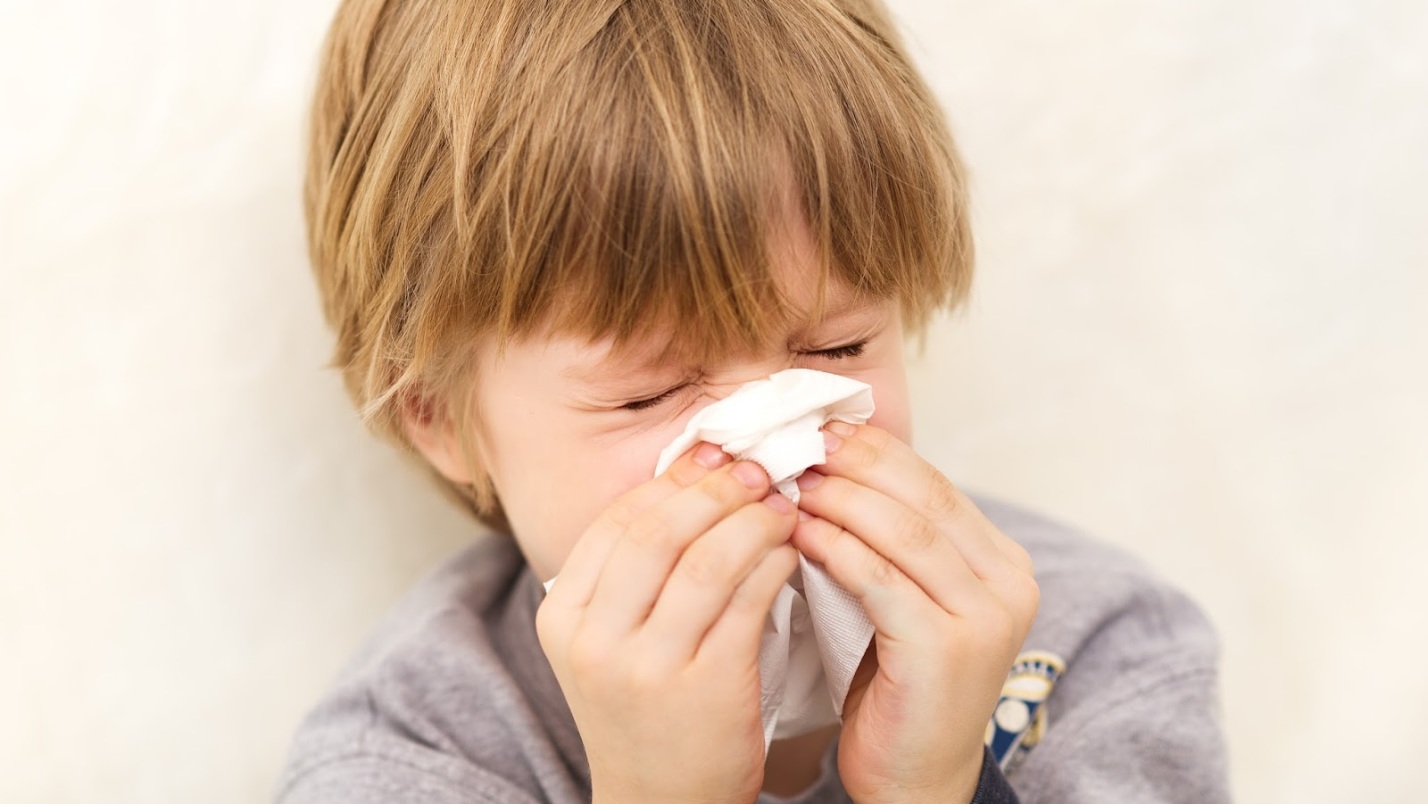Baby Coughing When To Worry - Coughing is a common symptom of many childhood illnesses, and as a parent, it can be distressing to see your child coughing repeatedly. While most coughs are not serious, some can indicate a serious underlying condition or lead to complications. Here are some tips on when parents should be concerned about their child's cough and what to do.
Why Is My Baby Coughing?
Cause and Solutions

There are many reasons why a baby might be coughing. Some common causes include viral infections such as cold or flu, allergies, asthma, and respiratory infections such as bronchiolitis and pneumonia. In some cases, coughing can also be a symptom of a more severe underlying condition such as whooping cough or tuberculosis.
If your baby is coughing, it is essential to determine the underlying cause of the cough so that it can be treated effectively. If your baby's cough is associated with other symptoms such as fever, runny nose, or wheezing, it is best to consult a doctor.
When Should Parents Be Concerned About a Child's Cough?
Warning Signs

While most coughs in children are not serious, there are some warning signs that parents should be aware of. If your child has any of the following symptoms, it is essential to seek medical attention:
- A cough that lasts more than two weeks
- A cough that is severe and persistent
- A cough that is accompanied by a high fever
- A cough that produces bloody mucus
- A cough that is associated with difficulty breathing or wheezing
- A cough that is accompanied by chest pain
- A cough that interferes with your child's sleep or daily activities
If your child has any of these symptoms, it is essential to take them to see a doctor as soon as possible.
Coughs, Colds, and Flu
Prevention and Treatment

One of the most common causes of coughs in children is the cold virus. Cold viruses spread easily from person to person, and young children are especially vulnerable to these infections. The best way to prevent colds is to teach your child good hygiene habits such as washing their hands regularly and avoiding contact with people who are sick.
If your child does get a cold, there are several things you can do to help alleviate symptoms. Encourage your child to rest, drink plenty of fluids, and use a humidifier to help relieve congestion. Over-the-counter cough and cold medicines are not recommended for young children and can be dangerous if used improperly.
Coughing Images
Tips and Tricks

Here are some tips and tricks to help relieve your child's cough:
- Encourage your child to drink plenty of fluids to keep their throat moist.
- Use a humidifier or a steamy shower to help ease congestion.
- Teach your child to cover their mouth and nose when coughing or sneezing.
- Make sure your child gets plenty of rest.
- Try using saline nasal drops or a saline nose spray to help clear congestion.
- Avoid exposure to smoke, fumes, and other irritants that can make coughs worse.
Normalize Your Cough
Final Thoughts
Coughing is a natural response to irritation in the throat or airways. While it can be frustrating and uncomfortable, it is usually not a cause for concern. However, if your child's cough is persistent, severe, or accompanied by other symptoms, it is essential to seek medical attention.
By taking steps to prevent colds and other respiratory infections, teaching good hygiene habits, and seeking prompt medical attention when necessary, you can help keep your child healthy and reduce the risk of complications from coughs and other illnesses.
View more articles about Baby Coughing When To Worry